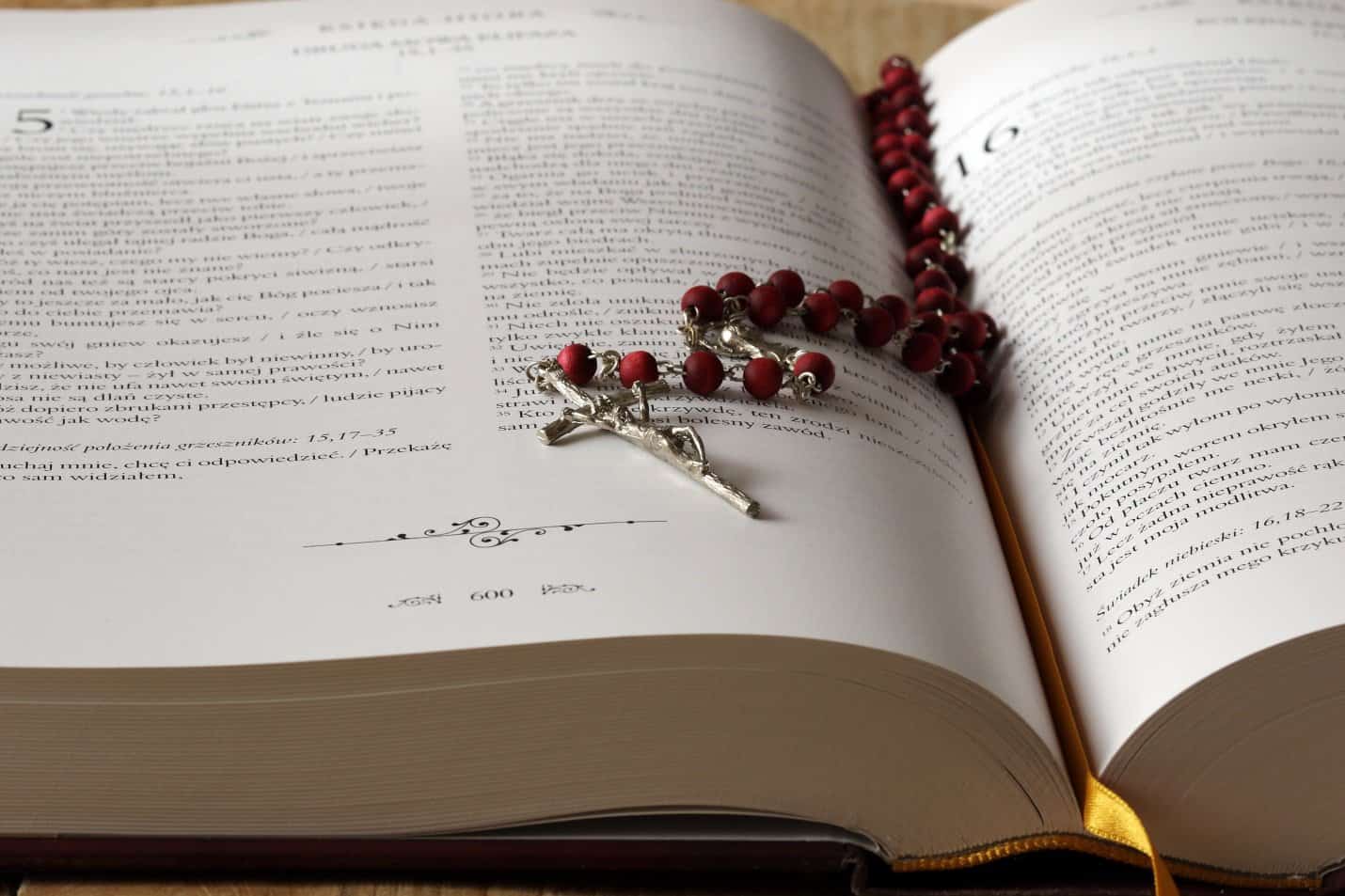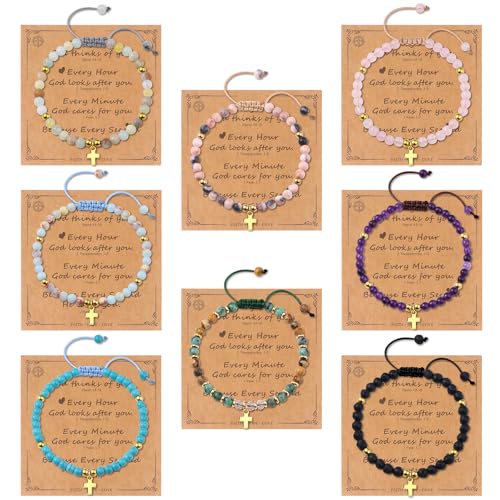There’s no wrong way to read the Bible. However, if you’re a complete beginner, it can be helpful to start with some guidance. In this article, we’ll give you some tips on how to read the Bible for beginners.
Start by finding a version of the Bible that is easy for you to understand. If you’re not sure where to start, try a contemporary version like the New Living Translation or The Message. Once you’ve found a Bible that you’re comfortable with, begin reading it in small chunks. Don’t feel like you have to read the entire Bible at once! Start with a few verses or even just a single chapter.

As you read, take time to reflect on what you’re reading. Think about what the passage is saying and how it applies to your life. If you have trouble understanding a particular verse, don’t be afraid to look up commentary or ask someone else for help.
Most importantly, remember that reading the Bible is a personal journey. There’s no right or wrong way to do it. Take your time and let the Spirit guide you as you discover the wisdom and insights of God’s Word.
What Is The Correct Way to Read the Bible?

There is no single answer to this question as different people have different preferences when it comes to reading the Bible. However, there are a few tips that can help you get the most out of your Bible readings.
One tip is to read with a purpose in mind. Ask yourself questions like “What do I hope to learn from this passage?” or “How does this passage apply to my life?”. Having a specific purpose for your reading will help you to focus and understand the text better.
Another tip is to read with a pencil in hand. Underline or highlight key verses that stand out to you. Writing notes in the margins can also be helpful for later reflection. These tools will help you to remember what you have read and make it easier to go back and review specific passages.
Finally, don’t be afraid to ask for help from others if you are struggling to understand a particular passage. There are many resources available, such as commentaries and study Bibles, that can provide valuable insights. Talking with a trusted friend or pastor can also be helpful. The most important thing is to keep growing in your understanding of God’s Word.
What Is the Easiest Bible to Read for Beginners?
There are many different versions of the Bible, and some are easier to read than others. If you’re new to reading the Bible, or you’re looking for a version that’s easier to understand, here are a few of the best options:
- The Simple English Bible is a great choice for beginners. It uses plain language that is easy to understand, and it includes helpful notes and study aids.
- The New Living Translation is also a good choice for beginners. It’s written in clear, modern English, and it includes study notes and other resources.
- The New International Version is another popular Bible translation that is easy to read. It’s available in different editions, including a study Bible with notes and resources.
These are just a few of the many different Bible versions available. If you’re looking for an easy-to-read Bible, be sure to check out these and other options.
What Bible Should I Read First?
There are many different Bibles available today, so it can be difficult to decide which one to read first. If you’re not sure where to start, consider reading the King James Version (KJV) of the Bible. The KJV is a popular translation that is easy to understand and has been used by Christians for centuries.
If you’re looking for a more modern translation, the New International Version (NIV) is also a good option. The NIV is translated into more than 70 languages and is one of the most popular Bible translations in the world.
No matter which Bible you choose to read first, remember that the most important thing is to start reading the Word of God. As you read, you’ll begin to better understand His will for your life and grow closer to Him.
Which Bible Translation Should I Avoid?
There are a number of Bible translations that you should avoid using. Some of these translations are filled with errors, while others simply do not accurately represent the meaning of the original text.

Here are some of the Bible translations you should avoid:
The New World Translation – This translation is produced by the Jehovah’s Witnesses, and it is filled with errors. For example, it mistranslates John 1:1, saying that Jesus is not God.
The King James Only movement – There are a number of people who believe that the King James Version is the only accurate translation of the Bible. However, this is simply not true. The King James Version contains many errors, and it is not an accurate representation of the original text.
The New International Version – The NIV is one of the most popular Bible translations, but it is also one of the most inaccurate. It mistranslates a number of key verses, including John 3:16.
The English Standard Version – The ESV is a relatively new translation, and it has already been met with a great deal of criticism. Many scholars believe that it is not an accurate representation of the original text.
If you want to make sure you are using an accurate Bible translation, avoid these translations. Instead, opt for one of the many other translations that are available. There are plenty of accurate Bible translations to choose from, so you should have no trouble finding one that meets your needs.
Our Final Thoughts
In conclusion, reading the Bible can be a great way to learn about God and His Word. However, it is important to remember that there are many different ways to read the Bible, and not all of them are necessarily right for everyone. If you are a beginner, it may be helpful to start by reading a general overview of the Bible, such as a study Bible or an easy-to-read version of the Bible.
Once you have a basic understanding of the Bible, you can begin to read specific passages that interest you. If you find yourself struggling to understand what you are reading, don’t hesitate to ask a friend or family member for help, or look for resources online or at your local library. Most importantly, don’t give up! Reading the Bible can be a rewarding experience that will help you grow in your faith.












